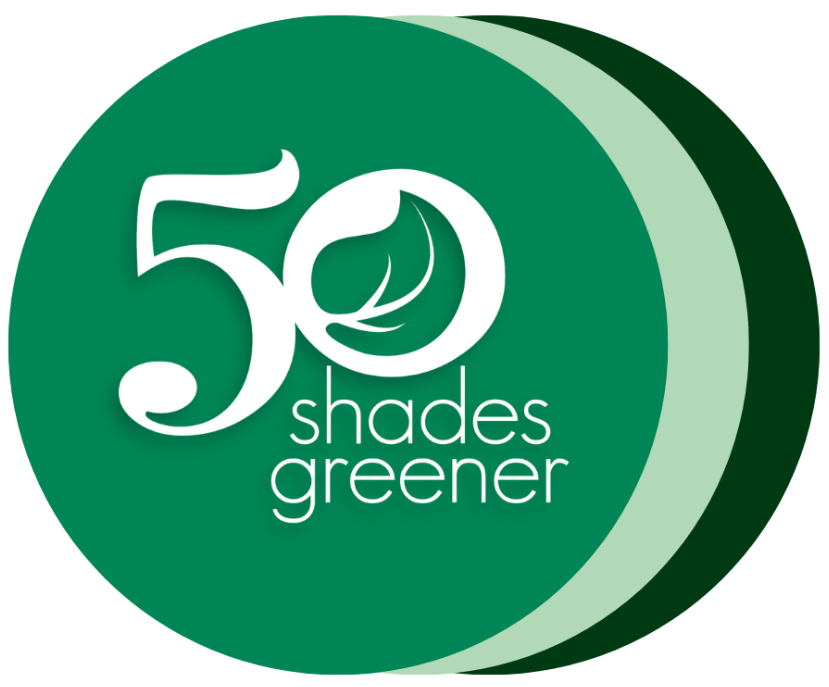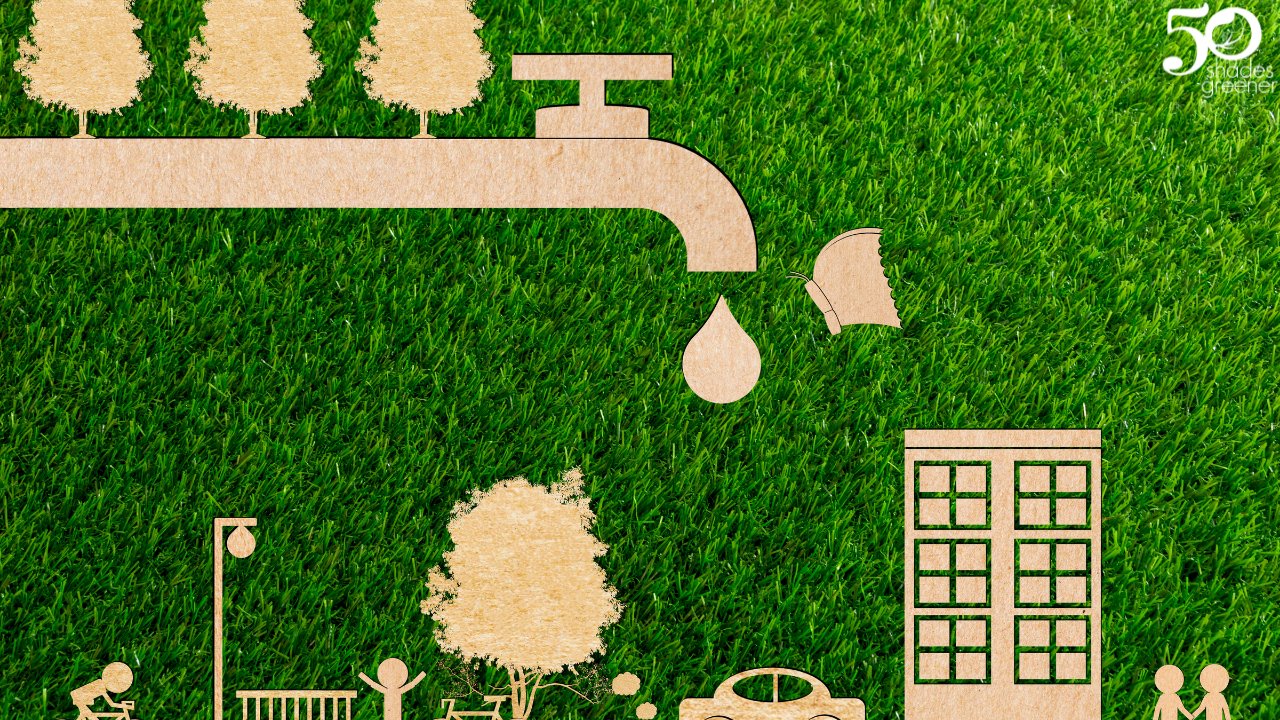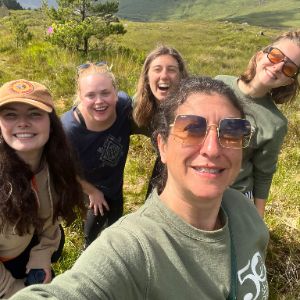I am an advocate for taking personal responsibility when it comes to environmental sustainability.
Every individual choice and action we take has consequences.
Take, for instance, our use of water. There is a perception that it is an abundant natural resource, however, it is limited. Of the 70%...
At the end of May, our team organised an online event called ‘Generation Tomorrow’ for students in Co. Wicklow and in Nigeria.
The students presented their research and findings on two topics - food waste and water.
Of course we expected differences and this is what made it such a valuable and ins...
A question a lot of us cannot help but ask ourselves – how do I compare to others?
It is no different when it comes to a business; in fact, the competition gets steeper.
As we work with more and more hospitality businesses to get them started on their Green Journey, this same question continues t...
What statement is more impactful to you?
-
If you turn off your tap while brushing your teeth you will save water.
-
By turning off the tap while brushing your teeth, you and your family could save 14,600 litres of water every year! Imagine if every other home did the same?
...
We are beyond thrilled to spring into February on a very positive note!
In collaboration with KWETB Training Services (Kildare/Wicklow Education & Training Board of Ireland) we are presenting an online Environmental Education programme to secondary schools.
This pilot project allows us to bring t...
All of us living in the Western world, have never known any different but an unlimited amount of water coming out of our taps and showers. You could argue therefore, that it is not our fault, to think this natural resources is unlimited and can be used as we please.
I’ve sometimes walked into a pub...



